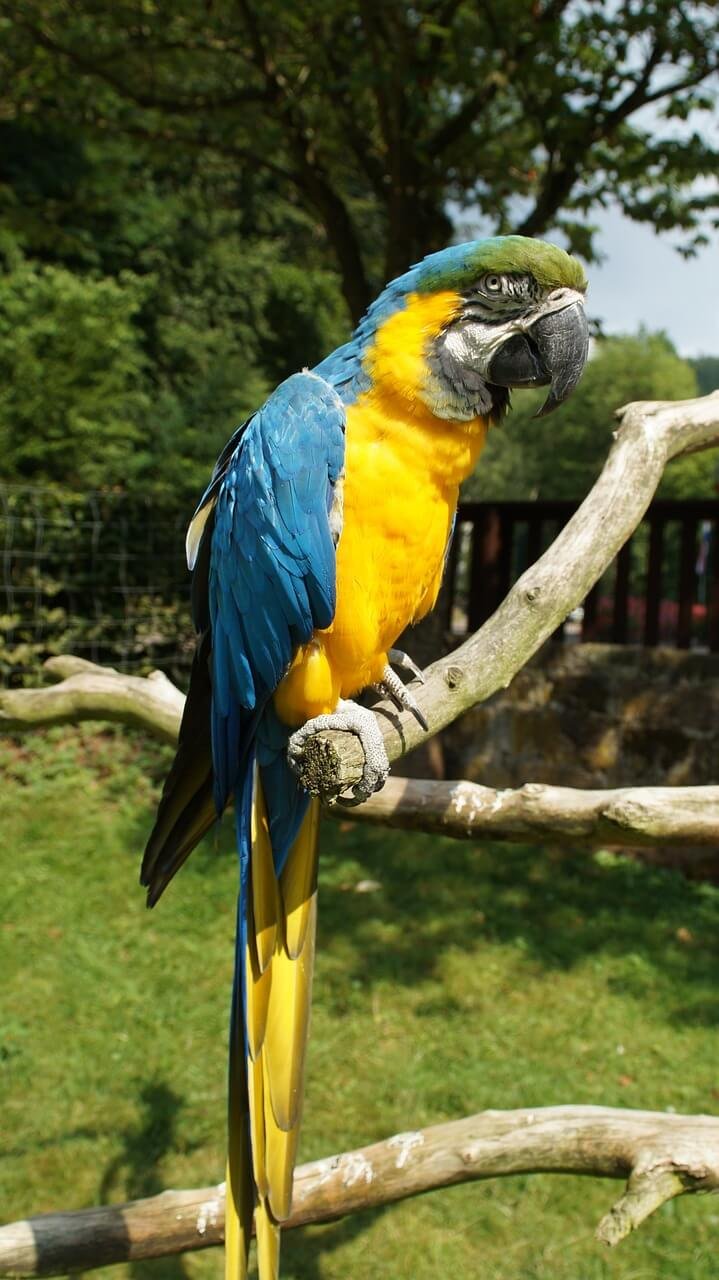Caring for Pet Birds 101
Owning a pet bird can be an incredibly rewarding experience. These beautiful and intelligent creatures bring joy, companionship, and a unique charm to any household. However, caring for pet birds requires dedication, knowledge, and a deep understanding of their needs. In this comprehensive guide, we will cover everything you need to know about providing the best care for your feathered friends.
Choosing the Right Bird Species
Before diving into the specifics of caring for pet birds, it’s crucial to select the right bird species that suits your lifestyle and preferences. Each species has distinct characteristics, care requirements, and temperament. Some popular pet bird species include:
1. Parakeets (Budgies)
Parakeets, also known as budgerigars or budgies, are one of the most common pet bird species. They are small, colorful, and social birds, making them ideal for beginners and families.
2. Cockatiels
Cockatiels are another popular choice for pet bird enthusiasts. They are known for their playful and affectionate nature, making them excellent companions.
3. Lovebirds
Lovebirds are highly social and form strong bonds with their owners. They are relatively small and come in a variety of beautiful colors.
4. African Grey Parrots
African Grey Parrots are renowned for their exceptional intelligence and ability to mimic human speech. They require mental stimulation and a dedicated owner.
5. Macaws
Macaws are stunning and vibrant birds, but they are also large and require a considerable amount of space and attention.
Preparing the Bird’s Environment
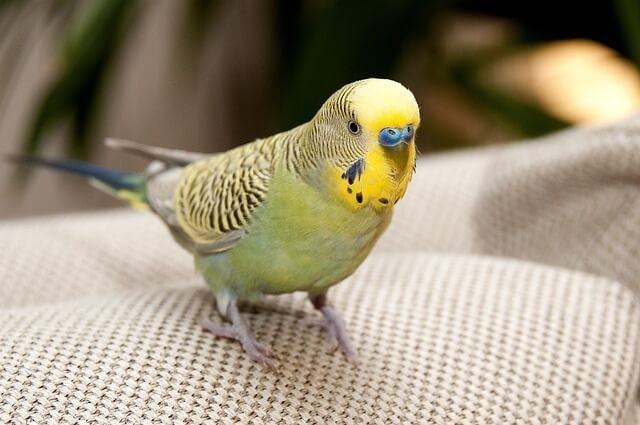
Once you’ve chosen the perfect bird species, it’s essential to create a comfortable and stimulating environment for them. Here are some key factors to consider:
1. Cage Selection
Selecting the right cage is crucial for your pet bird’s well-being. The cage should be spacious enough for the bird to stretch its wings and move around freely. Opt for a cage made of bird-safe materials with appropriate bar spacing to prevent escape or injury.
2. Cage Placement
Place the cage in a well-lit area, away from direct sunlight, drafts, and noisy areas. Birds are social creatures, so keep the cage in a part of the house where the family spends time together.
3. Perches and Toys
Provide a variety of perches of different thicknesses and textures to promote foot health. Toys are essential for mental stimulation, and rotating them regularly will prevent boredom.
4. Food and Water Dishes
Ensure that fresh water is available at all times. Use sturdy, easy-to-clean dishes for both water and food. A balanced diet is critical, which brings us to the next section.
Nutrition and Diet
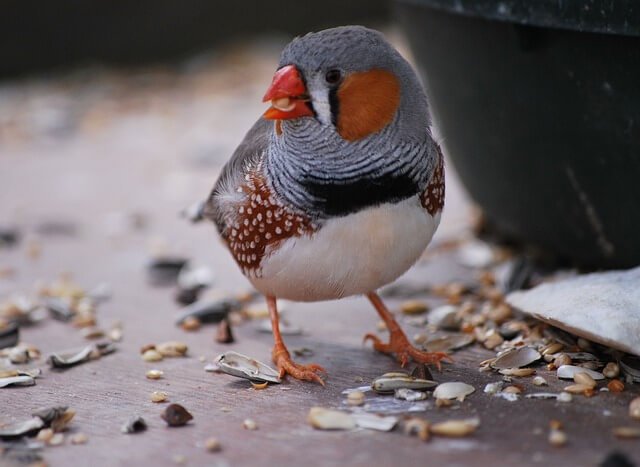
A well-balanced diet is fundamental to a pet bird’s overall health and longevity. Different bird species have specific dietary requirements, but some general guidelines include:
1. Pellets
High-quality bird pellets form the foundation of a pet bird’s diet. They are designed to provide all the essential nutrients and vitamins birds need.
2. Fresh Fruits and Vegetables
In addition to pellets, offer a variety of fresh fruits and vegetables. These provide important vitamins and minerals. Ensure that the offerings are safe for birds, avoiding avocado, chocolate, and caffeine.
3. Seeds and Nuts
While seeds and nuts are enjoyed by many birds, they should be given in moderation as treats. They are high in fat and can lead to obesity if overfed.
4. Grit and Cuttlebone
Contrary to popular belief, pet birds do not require grit for digestion. However, a cuttlebone or mineral block can provide essential calcium for their bones.
Healthcare and Regular Check-ups
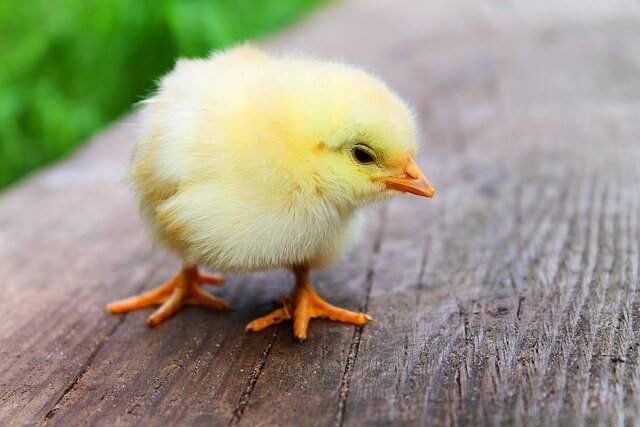
Like any other pets, birds also require regular healthcare and check-ups. Here are some important aspects of bird health:
1. Avian Veterinarian
Find an experienced avian veterinarian and schedule regular wellness visits. Avian vets specialize in bird health and can detect and treat potential issues early on.
2. Signs of Illness
Learn to recognize signs of illness in your bird, such as changes in behavior, fluffed feathers, loss of appetite, or difficulty breathing. If you notice any abnormalities, consult your avian vet immediately.
3. Grooming
Regular grooming is essential for birds. This includes trimming overgrown nails and wings, as well as keeping their beaks in check.
4. Avoiding Toxic Substances
Keep your home bird-safe by avoiding toxic fumes, including aerosols and smoke. Also, be cautious with houseplants, as some can be harmful if ingested.
Social Interaction and Mental Stimulation
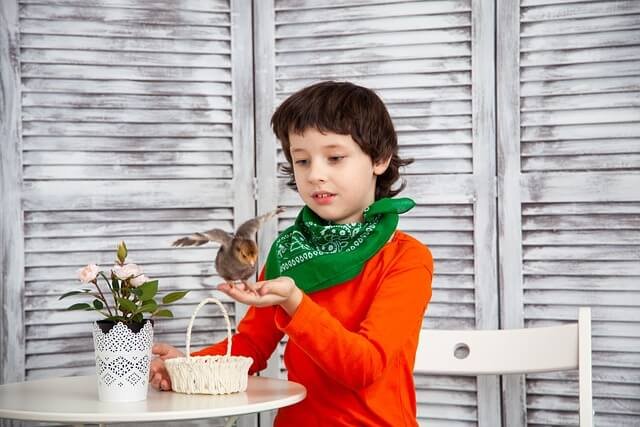
Birds are highly social creatures that require mental stimulation and companionship. Here’s how you can keep your feathered friend entertained:
1. Social Time
Spend time interacting with your bird every day. They thrive on human interaction and will form strong bonds with their owners.
2. Training and Tricks
Training your pet bird with positive reinforcement can be both fun and mentally stimulating for them. Teaching tricks and commands strengthens the bond between you and your bird.
3. Foraging Activities
Create foraging opportunities by hiding treats in toys or paper cups. This simulates the bird’s natural behavior in the wild and keeps them engaged.
4. Out-of-Cage Time
Allow your bird to have supervised out-of-cage time to explore and stretch their wings. Ensure that the area is bird-proofed to prevent accidents.
Conclusion
Owning a pet bird can be a delightful experience if you provide them with the care and attention they deserve. Remember to choose the right bird species, set up an appropriate environment, and provide a balanced diet. Regular veterinary check-ups, social interaction, and mental stimulation are equally crucial for their well-being. By following these guidelines, you’ll create a happy and healthy life for your beloved feathered companion.

